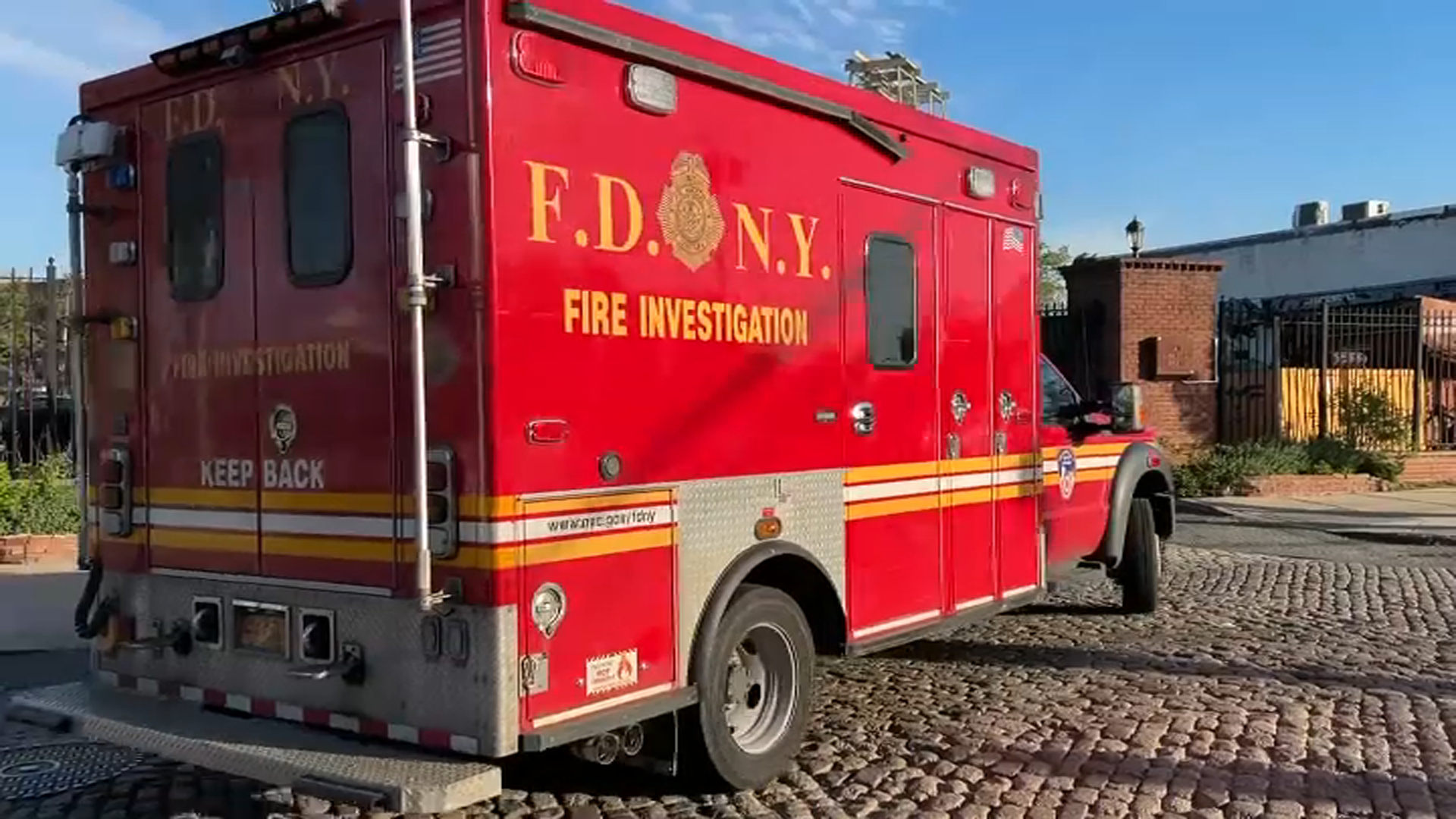What to Know
- Etan Patz disappeared May 25, 1979, the first day he was allowed to walk the two blocks to his bus stop alone
- Jurors previously deadlocked in the murder trial of Pedro Hernandez, a teenage stock clerk in Patz's neighborhood, prompting a mistrial
- Detectives say Hernandez confessed to killing the boy; the defense claimed he was innocent and was coerced into making a confession
A jury has found a man guilty of felony murder and kidnapping in the death of 6-year-old Etan Patz, who became one of the country's most iconic missing children when he disappeared from his SoHo bus stop nearly 40 years ago.
Pedro Hernandez, 56, was acquitted of intentional second-degree murder in the decades-old case, meaning jurors did not believe he meant to kill the little boy, but he still faces up to life in prison.
The jury panel of eight men and six women reviewed more than 300 trial exhibits over the course of their nine days of deliberations in State Supreme Court in Manhattan before reaching their decision Tuesday.
"I've known for a long time that this man Pedro Hernandez is guilty of doing something really terrible so many years ago," the slain boy's father Stanley Patz said in a brief statement after the verdict.
Stanley Patz was seen in court hugging members of the district attorney's office as Hernandez looked on impassively. He said he was confident jurors reached the only possible verdict given the evidence presented to them.
A key issue during deliberations was the 2012 surprise confession Hernandez made as federal agents digging up a New York City basement in search of the boy's remains thrust the case back into the national spotlight, jurors said.
Local
Attorneys for the Maple Shade, New Jersey man, had argued the confession was the false ramblings of a mentally ill man; prosecutors said it was the conscience of a killer who lured the little boy into the basement with the promise of a soda, then choked him and dumped the body.
Patz's remains have never been found.
"Deliberations were difficult but I think we had constructive conversations based in logic that were analytical and creative and adaptive and compassionate," one juror told reporters after the verdict was read.
The jury was split at times, but ultimately they had to decide if the multiple confessions Hernandez made were credible and if Hernandez's possible mental illness and low IQ equaled a coerced confession.
Juror Mike Castelon said they believed Hernadnez has an illness, but "that didn't make him delusional. We think that he could tell right from wrong, he could tell fantasy from reality."
Hernandez's attorney, Harvey Fishbein, vowed to appeal.
Manhattan District Attorney Cy Vance was on a plane at the time the verdict was read, but he released a statement acknowledging the Patz family for their 37 years of courage and perserverance and said he hoped they had closure.
"The disappearance of Etan Patz haunted families in New York and across the country for nearly four decades," Vance's statement said. "Etan's legacy will endure through his family's long history of advocacy on behalf of missing children. However, it is my hope that today's verdict provides the Patz family with the closure they so desperately deserve."
Hernandez was tried once before, but the case ended in a hung jury after all but one juror voted to convict after 18 days of deliberations.
A group of the vote-to-convict jurors had been attending the retrial daily. Many of them wept as the verdict was read. The second trial lasted three months.
Hernandez worked as a clerk at the corner store near Patz's bus stop all those years ago. He knew the little boy liked to get treats there, and that he waited for the school bus in the morning without adult supervision, prosecutors said.
He was "keenly watching and admiring this beautiful friendly child," Manhattan Assistant District Attorney Joan Illuzzi said during summations.
Patz's case helped usher in an era of vigilance. The anniversary of the boy's disappearance became National Missing Children's Day. His parents helped press for new laws that established a national hotline and made it easier for law enforcement agencies to share information about missing children.
The probe had long focused on another suspect, convicted pedophile Jose Ramos. Fishbein said during his closing argument that Ramos was the real killer. Ramos has said he didn't kill the boy.



